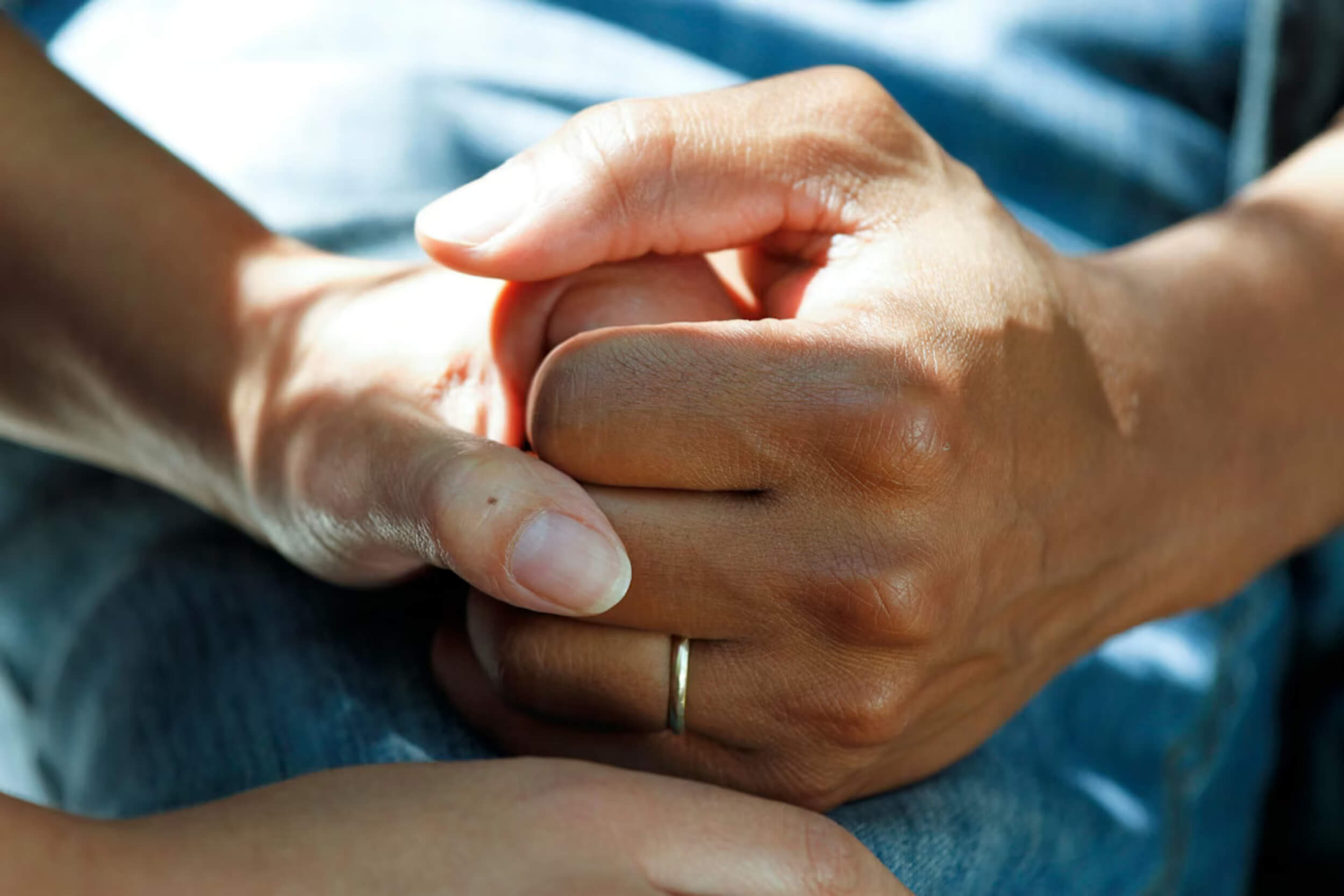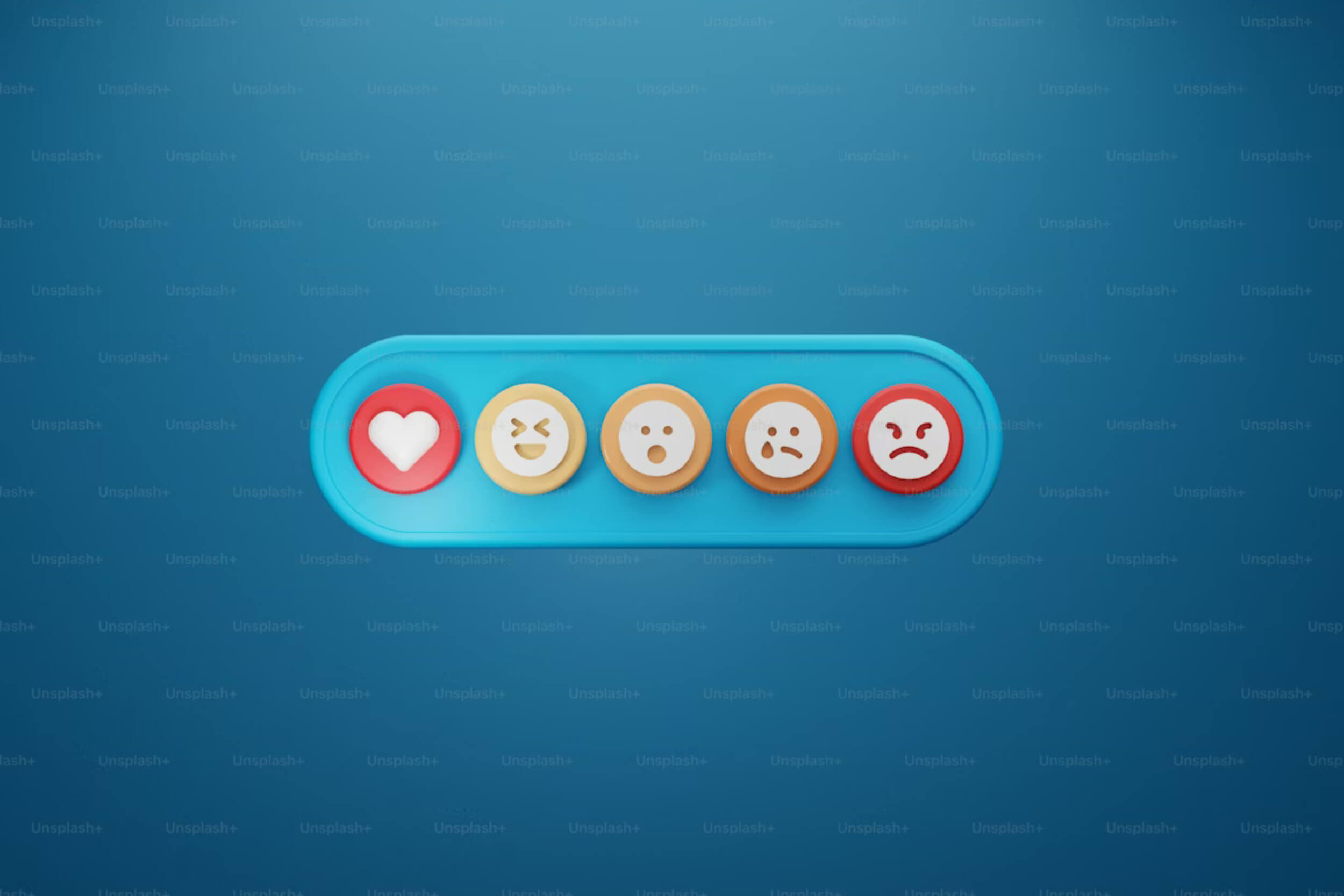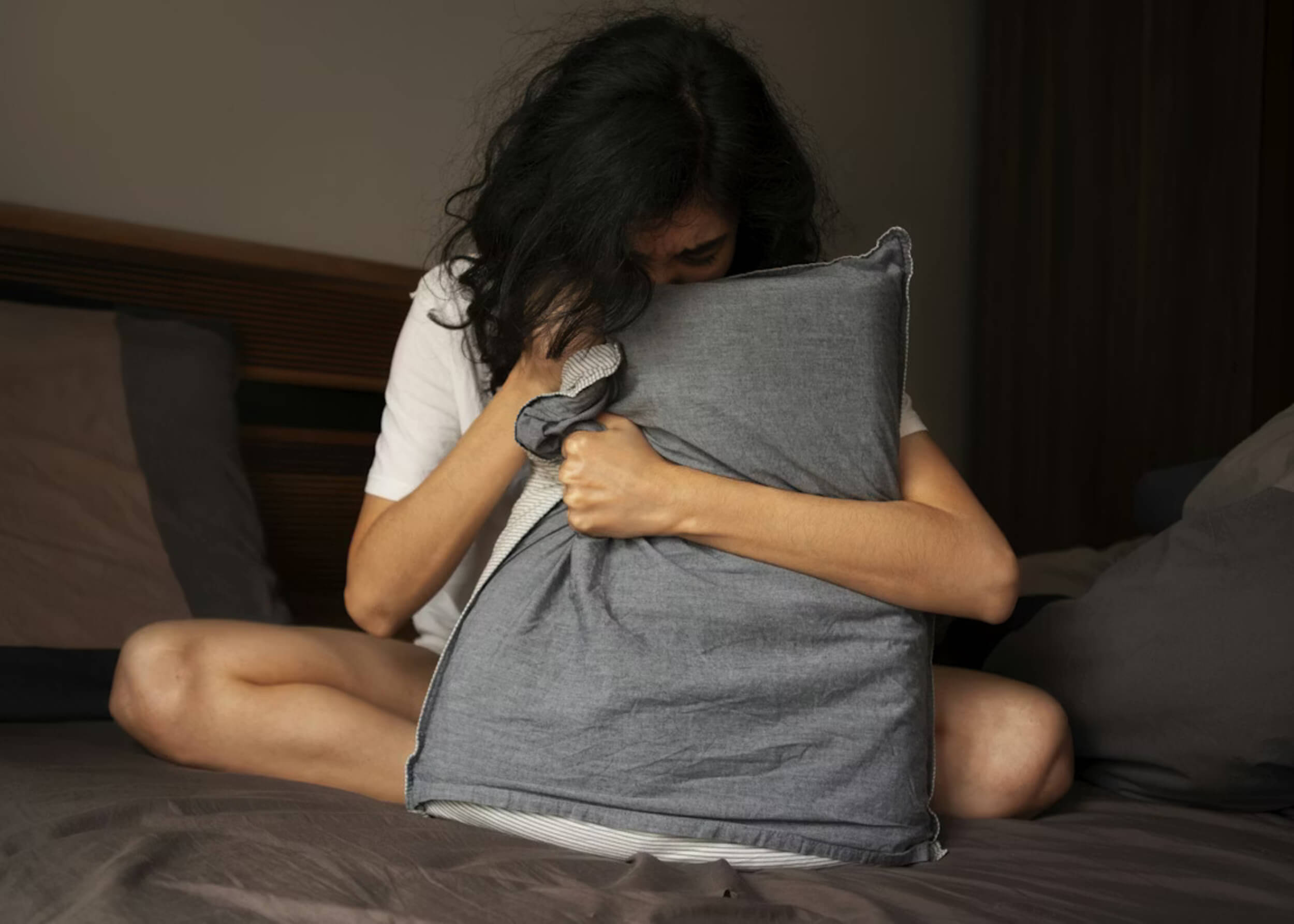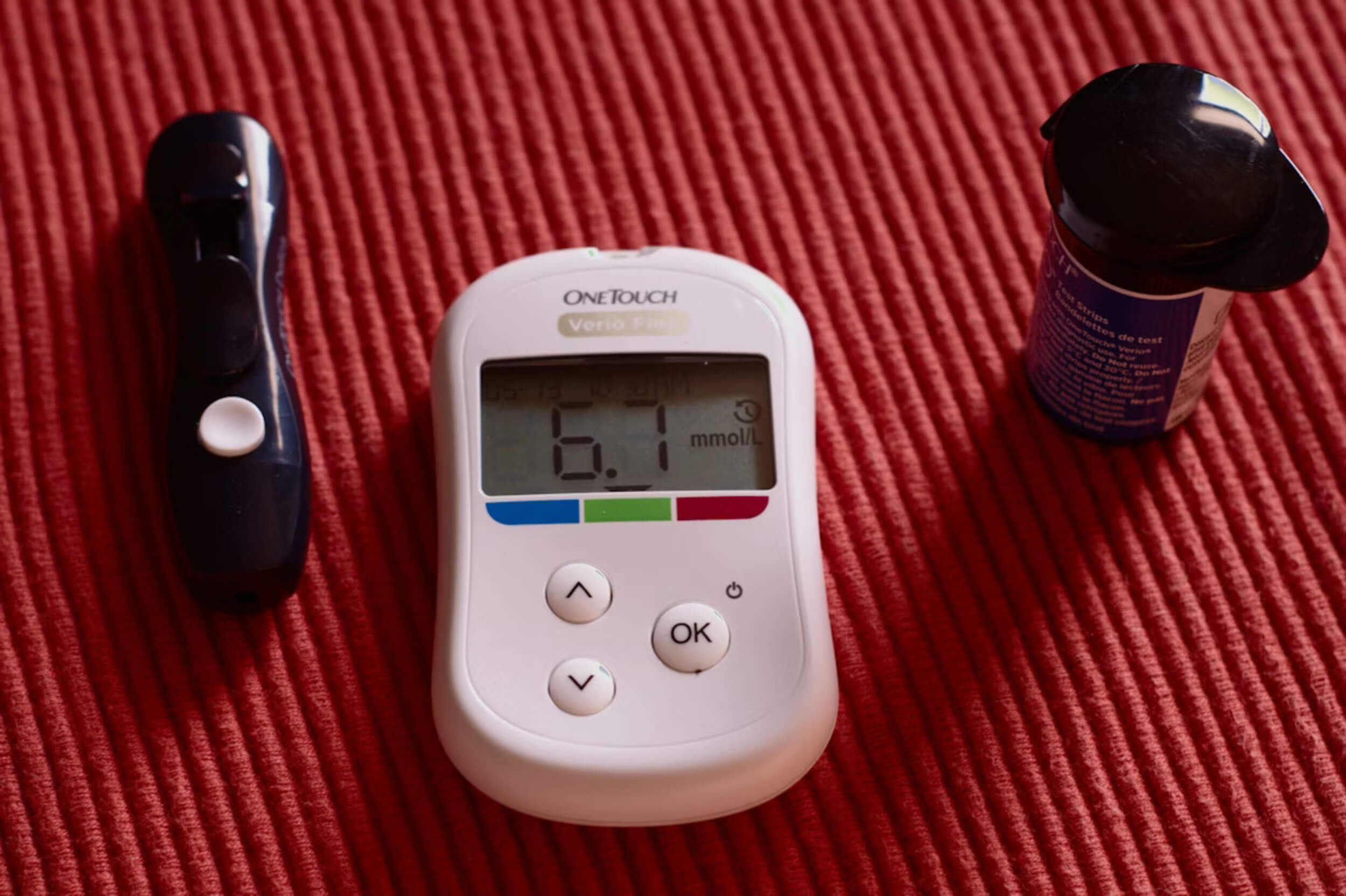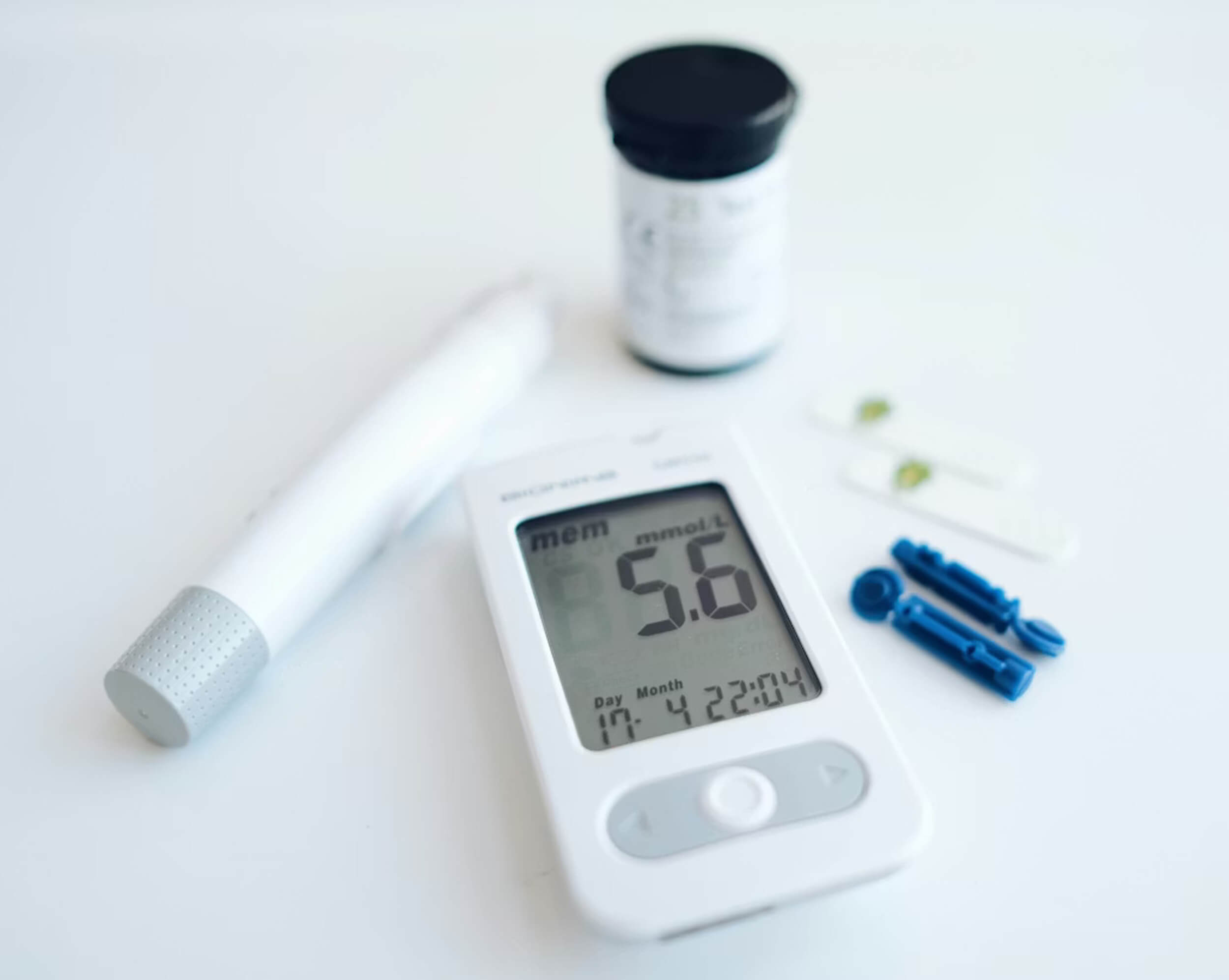Most people think of fitness as gym memberships, lifting weights, or running five miles a day. But health isn’t just the gym — and it never has been.
Feeling good in your body and mind often comes from things no one talks about enough: getting decent sleep, drinking more water, stepping outside, or taking a real break from your phone. These are small things, but they add up.
It’s easy to overlook how daily choices shape your energy, your focus, and even your mood. You don’t need perfect routines or strict rules. What actually works? The simple stuff that fits into your everyday life.
We’re going to walk through habits that build real strength — not just in your body, but in your day-to-day life. These tips aren’t about being perfect. They’re about feeling better, thinking clearer, and showing up for yourself in ways that last. No gym required.
Food Is Fuel — But Also Mood
Feeling low or foggy? Your meals might be playing a part. What you eat doesn’t just fill your belly — it feeds your energy, focus, and mood too. And the best part? You don’t need a strict diet. Just a bit of balance.
Here’s how to keep it simple:
How You Eat Affects How You Feel
- Skipping meals can leave you tired and moody.
- Eating too much sugar may cause energy crashes.
- A steady, balanced plate helps your brain and body work better.
3 Small Shifts That Make a Big Difference
- Swap sugary drinks (like soda or bottled juice) for water, unsweetened tea, or fruit-infused water.
- Add one veggie to lunch or dinner — even frozen or canned ones count.
- Pick better snacks like nuts, yogurt, or whole-grain crackers instead of chips or candy.
Small food habits go further than you think. Health Isn’t Just the Gym — it starts at your kitchen table.
Movement Beyond the Workout
You don’t need gym clothes or a treadmill to move your body. Even small bursts of activity help your heart, joints, and mood. That’s why Health Isn’t Just the Gym — it’s also how often you get up and move during your day.
Why All Movement Counts
- Long walks aren’t the only way to stay active.
- Everyday tasks like sweeping or grocery runs help keep your body strong.
- Short movements still improve your health — even if they don’t “look” like exercise.
5 Easy Ways to Move More
- Walk while talking — use calls or voice messages as a reason to stand up.
- Stretch for 5 minutes after sitting too long.
- Carry your groceries one bag at a time (it’s sneaky strength training).
- Put on music and dance while cooking or cleaning.
- Take stairs instead of elevators when you can.
These quick wins add up fast. When your days feel full, movement like this reminds you that your body matters — even without a gym.
Sleep — The Most Underrated Habit
Waking up tired, even after a long night? Sleep isn’t just about time — it’s about quality. Poor sleep messes with your mood, focus, and even your food choices.
Why Rest Is Non-Negotiable
- Sleep helps your body reset, repair, and recover.
- Without it, you may feel foggy or irritable all day.
- Good rest helps you think clearly and make better choices.
Tips for Better Sleep
- Go to bed and wake up at the same time daily, even weekends.
- Turn off screens at least one hour before bed.
- Try a wind-down routine — dim the lights, read a book, or do light stretching.
Making sleep a priority is one of the easiest ways to feel better fast. And remember, Health Isn’t Just the Gym — it starts with your bedtime.
Hydration — More Than Just Water
Some days, feeling tired or hungry isn’t about food — it’s about water. Dehydration can sneak up on you and mess with your energy, mood, and focus.
The Silent Energy Booster
- Even a little dehydration can slow you down.
- Thirst sometimes shows up as hunger.
- Water helps your brain, digestion, and skin.
Ways to Stay Hydrated Without Forcing It
- Keep a bottle nearby so you drink without thinking.
- Add fruit or herbs to make water taste better — like lemon, cucumber, or mint.
- Eat water-rich foods like melons, oranges, cucumbers, or lettuce.
Don’t wait until you feel thirsty. Drinking enough water daily is one of the simplest health habits — and one more reason Health Isn’t Just the Gym.
Mental Wellness Starts with Awareness
Stress doesn’t only show up in your thoughts. It hides in your muscles, sleep, skin, and even your stomach. Mental health is part of physical health — always.
The Brain-Body Connection
- Your brain and body are on the same team.
- When your mind is stressed, your body feels it too.
- Staying mentally clear helps you stay motivated.
Small Mental Hygiene Habits
- Breathe deeply three times when you feel rushed or tense.
- Write down 3 wins from the day, no matter how small.
- Turn off your phone for 10 minutes each day — no scrolling, no checking.
Mental care doesn’t have to be big or serious. A few small steps each day help you stay steady and calm. That’s why Health Isn’t Just the Gym — it includes how you feel inside.
Relationships and Connection
Good health isn’t just about your body — it’s also about who you talk to, laugh with, and lean on. You’re not meant to do life alone.
Why Health Isn’t a Solo Journey
- Loneliness can affect your health more than most people think.
- Friends, family, or even kind neighbors help you feel stronger inside and out.
Simple Connection Practices
- Send a short message to check in with someone you care about.
- Make time for a chat, even if it’s just 10 minutes on a video call.
- Give full attention to one person every day — put down the phone, listen, and look them in the eye.
Connection is medicine too. Sharing life with others reminds us that Health Isn’t Just the Gym — it’s also who we share it with.
Your Space, Your Energy
A cluttered room or noisy space might be messing with your energy. The space you live or work in affects how you feel more than you realize.
Your Environment Shapes Your Health
- Messy spaces can stress your brain.
- Clean, calm places help you focus and feel more at ease.
- Your space reflects your habits — and your habits reflect your space.
3 Things You Can Do Today
- Tidy one small area — like your nightstand or kitchen counter.
- Add something green — a plant, fresh herbs, or even a leafy picture.
- Create a calm corner with soft light, a comfy seat, or a favorite book.
No need for a full makeover. Just one small shift in your space can lift your mood.
Boundaries that Protect Your Health
Overdoing it every day might seem normal — but it’s not healthy. Boundaries aren’t selfish. They’re how you protect your time, energy, and peace.
Why Saying “No” Is a Health Habit
- Doing too much leads to burnout and stress.
- Boundaries help you rest, reset, and focus on what matters.
- Saying no creates space for real self-care.
Where to Start
- Say no once this week to something that feels like too much.
- Pick a cut-off time for emails, messages, or work tasks.
- Block one hour just for you — no multitasking, no chores.
Give yourself permission to rest and reset. Health Isn’t Just the Gym — it’s also what you say yes (and no) to.
Final Thoughts: Small Things Stack Up
Big changes aren’t always what make the difference. Sometimes, it’s the small stuff — like drinking a glass of water, taking a short walk, or sending a kind message. These habits may seem too simple to matter, but over time, they build real strength.
You don’t have to change your whole life overnight. A few honest shifts each day can lead to better sleep, better focus, and a better mood.
Health Isn’t Just the Gym — it’s the way you show up for yourself, quietly, consistently, and with care. That’s what really adds up.








